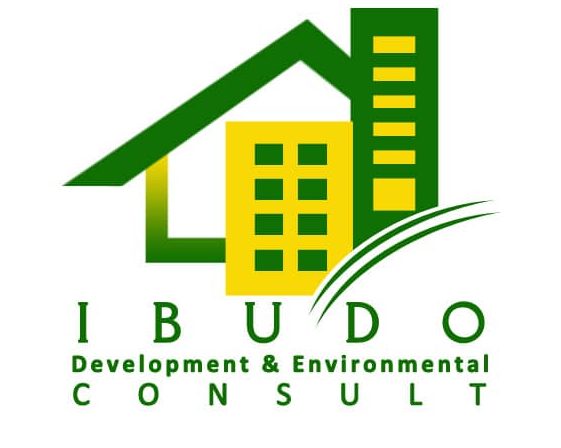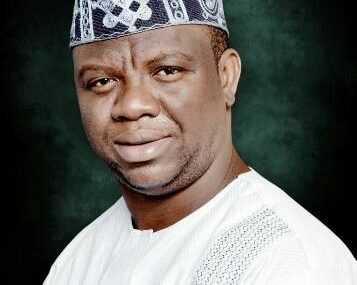An excerpt from the paper presentation at a webinar organized by City Visionnaire on Friday 4th September, 2020 on Zoom.
The political aspect of urban planning has been neglected for years, and has led to the near neglect of the profession by political office holders. Tpl. Ashiru Olugbenga, the 2nd Vice National Secretary of the Nigerian Institute of Town Planners shed a light on this. Below is the excerpt.
Governance refers to “the processes of interaction and decision-making among different actors directed towards the creation, reinforcement, or reproduction of social norms and institutions”. In lay terms, it could be described as the political processes that exist in and between formal institutions. Governance may take many forms, driven by different motivations, and with diverse results. For instance, government may operate as democracy, where citizens vote on who should govern, while a non-profit organization or a corporation may be governed by a small board of directors and pursue more specific aims. In addition, a variety of external actors without decision-making power can influence the process of governing. These include lobbies, think tanks, political parties, non-government organizations, community and media. Good governance is epitomized by predictable, open and enlightened policy-making imbued with professional ethos acting in furtherance of the public good, the rule of law, transparent processes, and a strong civil society participating in public affairs. On the other hand, poor governance is characterized with arbitrary policy making, unaccountable bureaucracies, unenforced or unjust legal systems, the abuse of executive power, a civil society unengaged in public life, and widespread corruption.”
Politics is the set of activities that are associated with making decisions in groups, or other forms of power relations between individuals, such as the distribution of resources or status. Politics can be descriptively put as “the art or science of government”. In modern day Nigeria, politics often carries a negative connotation, yet it is practiced in nearly all dimensions of human existence. A variety of methods are usually deployed in politics. These include muting one’s political view among people, negotiating with other political actors, making laws, exercising force, and warfare against adversaries. Politics is exercised on a wide range of social levels, from clans and tribes of traditional societies, through modern local governments, companies and institutions up to sovereign states, and to the international level.
Urban planning is the art and science of ordering the use of land, sitting of building character and communication routes so as to secure the maximum practicable degree of economy, convenience, safety, and beauty. (Lewis Keeble 1969). Planning builds the structure, set the foundation for governance to thrive and reflect good policies associated with the governance of an area. Urban planning and local politics are supposed to go together since planning involves everything that affects the city for good or bad. Planning is a dynamic process that changes in response of policy, development proposal and local needs. Politics can be used as a strategy and tactics to compel or cajole elected officials, and special interest groups towards the achievement of planning.
Some planners disdain politics, yet political astuteness is a prerequisite for successful practice for field planners, and a necessity for introducing change. Of course, how to introduce politics into planning has not been amplified in Nigeria planning curriculum and professional training, yet politics in planning has been stressed in several planning techniques including advocacy planning and public participation. Hence there is a need for inculcating political ideas into would be planner through their introduction to several classics such as The Art of War (SUN TZU, 6th century), or The Community and the Politics of Place ( Daniel kemmis, 1990). Of note, planners do not necessarily need to be involved in active politics, as the need is only to know the rules of the game, and applying it in practicing the profession.
If democracy is defined as the government of people by the people and for the people and planning is said to be people and for the people and politics is a process of reaching out to people to convince them of a responsibility of trust that will bring benefit to the electorate then we can conclude that the two are targeting the same goal.
Urban planning and politics are two sides of the same coin. Planning has embraced city as a system and the job of planners is to understanding the complexity of the city, continuous process of controlling and monitoring of the system. During the colonial era, planning was seen as a technical instrument to regulate public health and spatial segregation. Planning was conceived strictly as a physical design instrument for regulating the township and disconnected with politics. Post-independence experiences show that comprehensive plan (master plan) was considered as best option. Unfortunately, many apolitical planners thought that the interest of master planning can be achieved in a non-political landscape.
A major setback of plan implementation is neglect of politics by the town planners. For planning to be effective the political actors have to be integrated into the planning process to form an alliance that supports the aspiration of planners. Also Town planners should be actively involved in the formulation of development agenda from the micro to the mega level, such as party manifestoes to national policies, planners should also act in the interpretation of development agenda of political parties. Planners have to be proactive even in party politics, to enable them partner with politicians toward making the profession relevant.
Planners becoming more political? The Way forward
- Let those in political offices envision your idea.
- Identify what a decision maker is passionate about, and what they intend to achieve.
- Develop a broader understanding of other government agencies.
- Learn to lobby and negotiate behind the scene.
Lastly political office holders will need a planner to physically interprete their development intention, while planner will also work within the interest of the politicians.
1,181 total views, 2 views today

